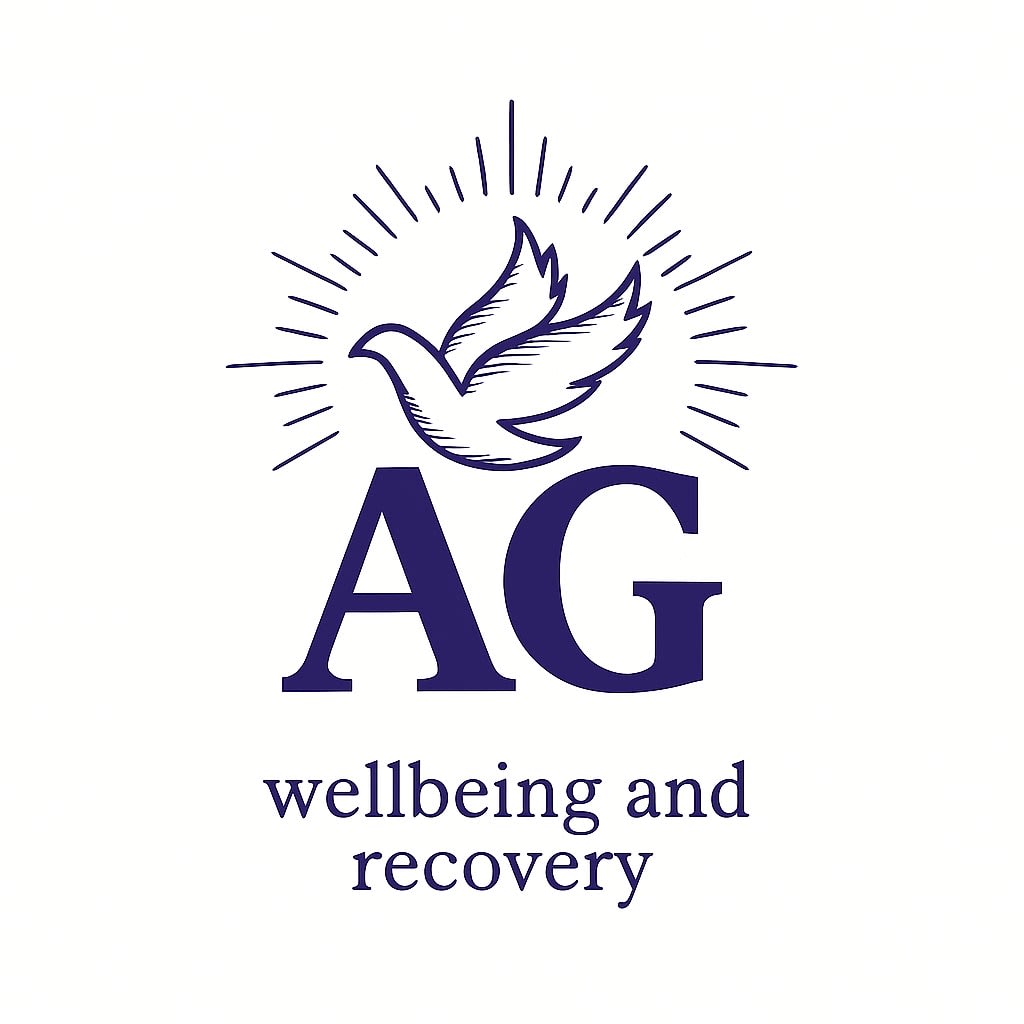The Girl Who Felt Too Much: A Story of Childhood Mental Health
The Girl Who Felt Too Much: A Story of Childhood Mental Health
By Annie Gaisie
Bruw was not like the other children in her classroom. She was bright, quick, and curious. While her classmates were still sharpening pencils or carefully copying sentences, Bruw would already be finished. Her thoughts moved so fast that her small body couldn’t always keep up.
But rather than feeling proud of her ability, Bruw began to feel out of place. Her teachers often described her as “bright, but distracted.” Her peers whispered, “Why are you so weird?” And slowly, she began to wonder if something was wrong with her. Perhaps she really was too much.
When “Different” Turns Into “Heavy”
At home, Bruw’s struggles grew heavier. At first, it was small things: sitting quietly, staring out of the window. Then she stopped finishing meals. Food no longer seemed to matter. Gradually, even getting out of bed felt impossible, as though she was climbing a mountain every morning.
Her mother, though loving, was always busy and rushed. The demands of work and life meant she didn’t notice the changes in her daughter right away. Bruw longed to say, “I’m not okay.” But she didn’t know how to put those feelings into words.
This is the reality for many children. Anxiety and depression often show up not in loud, obvious ways, but in silence, in withdrawal, and in physical exhaustion. A child may not have the words to describe their mental state — but the weight is real.
A Lifeline in Ms Hope
It was Bruw’s teacher who noticed the signs. She saw the slumped shoulders, the distant gaze, and the spark fading from a child once full of energy. Instead of brushing it aside, she gently suggested that Bruw visit the school counsellor, Ms Hope.
Ms Hope’s office was warm and inviting — full of soft cushions, books, and even a glitter jar that shimmered like a snow globe for feelings. Unlike the busy world around her, Ms Hope didn’t rush Bruw. She simply sat and waited. Slowly, Bruw found the courage to share her feelings.
Through these conversations, Bruw learnt new words for what she was experiencing: anxiety and depression. Naming these feelings didn’t make them vanish, but it made them less frightening. For the first time, she realised she wasn’t alone, and what she was feeling was valid.
Parents in the Picture
At a parent-teacher meeting, Bruw’s teacher shared her concerns with Bruw’s mother. The conversation was difficult but important. That night, for the first time in months, her mum sat quietly at her bedside. She admitted, “I’m sorry I haven’t been around much. I didn’t know you were hurting. But we’ll figure this out together.”
That moment of acknowledgement was powerful. Children need to know that their pain is seen and taken seriously. For Bruw, her mother’s hug was a turning point.
Her father, who lived elsewhere, also became more present. On a phone call, Bruw bravely told him how much his absence had affected her. Instead of brushing it off, he listened. He promised to call regularly — every Sunday without fail. That consistency gave her something stable to look forward to, and it reminded her that she was still loved by both parents.
Finding Healing
As the weeks went by, Bruw began to find healthy outlets for her feelings. She went running again — but not to escape her sadness. This time, she ran with her feelings, letting the movement strengthen rather than silence her. She began to write poems, pouring her emotions onto paper.
At school, she even read one of her poems at an assembly. Standing in front of her peers, she spoke words of strength:
“I am not too loud.
I am not too fast.
I am not too much.
I am enough.”
The applause that followed wasn’t just for her poem. It was for her courage.
A Message for All of Us
Bruw’s story is fictional, but it mirrors the very real struggles faced by many children today. Anxiety and depression are not adult-only experiences; they affect children deeply, often in ways that go unseen.
Her journey teaches us several important lessons about children’s mental health:
- Pay attention to changes in behaviour. Withdrawal, loss of appetite, or lack of energy can be signs of depression.
- Children need safe spaces to talk. Whether it’s a counsellor, a teacher, or a parent, having someone who listens without judgement makes a difference.
- Parents’ presence matters. Even small, consistent acts — like a weekly phone call or sitting quietly together — can be life-changing for a child.
- Naming feelings helps. Teaching children words like anxiety and depression gives them the language to express themselves.
- Support leads to healing. With love, professional help, and open conversations, children can learn to manage their feelings and grow stronger.
Bruw’s story ends with hope. She still has difficult days, but she knows now that she is not alone. She has a network of support around her — and she has learnt to embrace who she is.
✨ If you’re reading this as a parent, teacher, or carer: remember that children may carry heavy feelings in silence. It is our responsibility to notice, to listen, and to remind them that they are enough, just as they are
